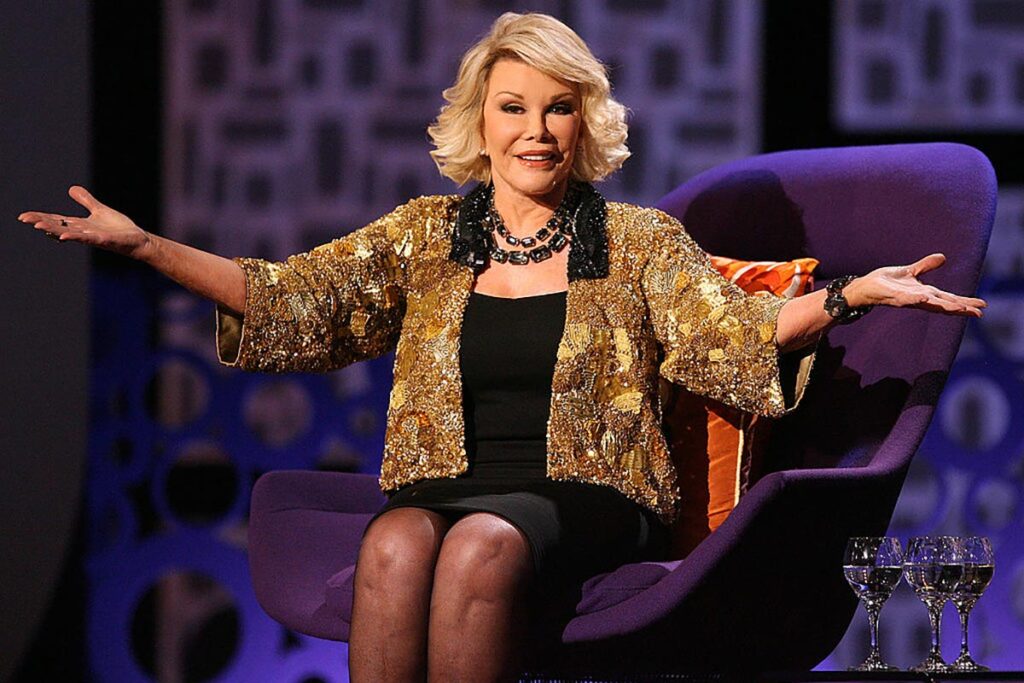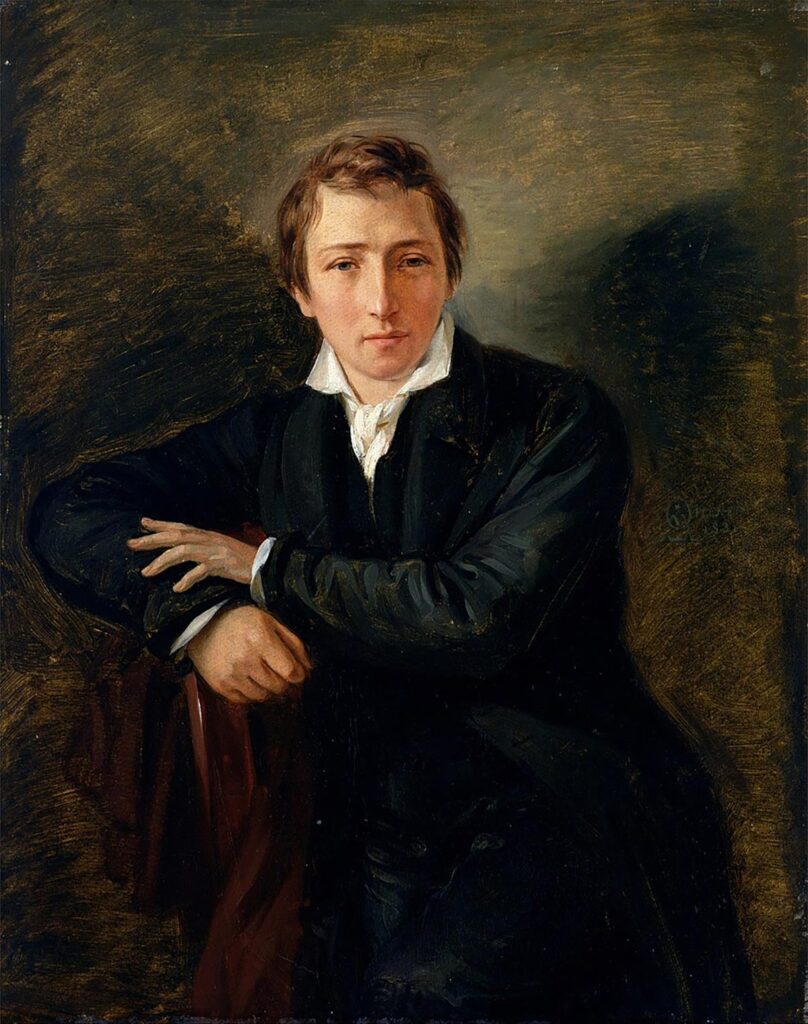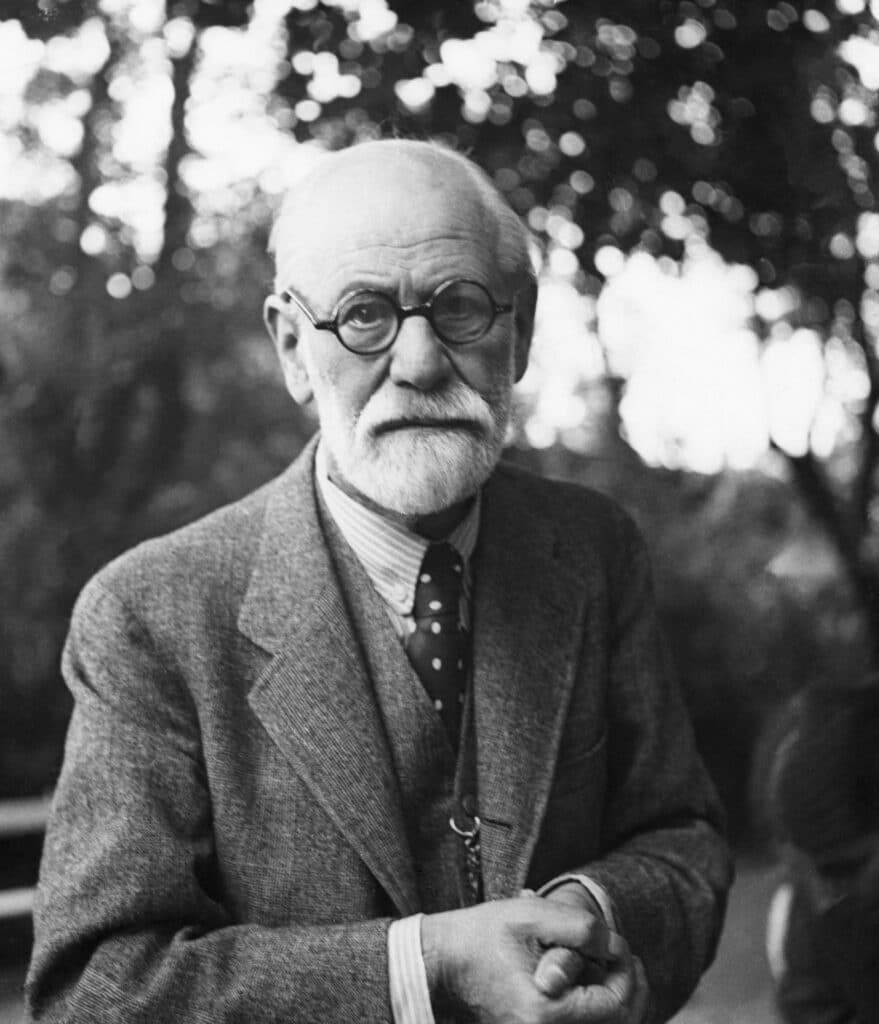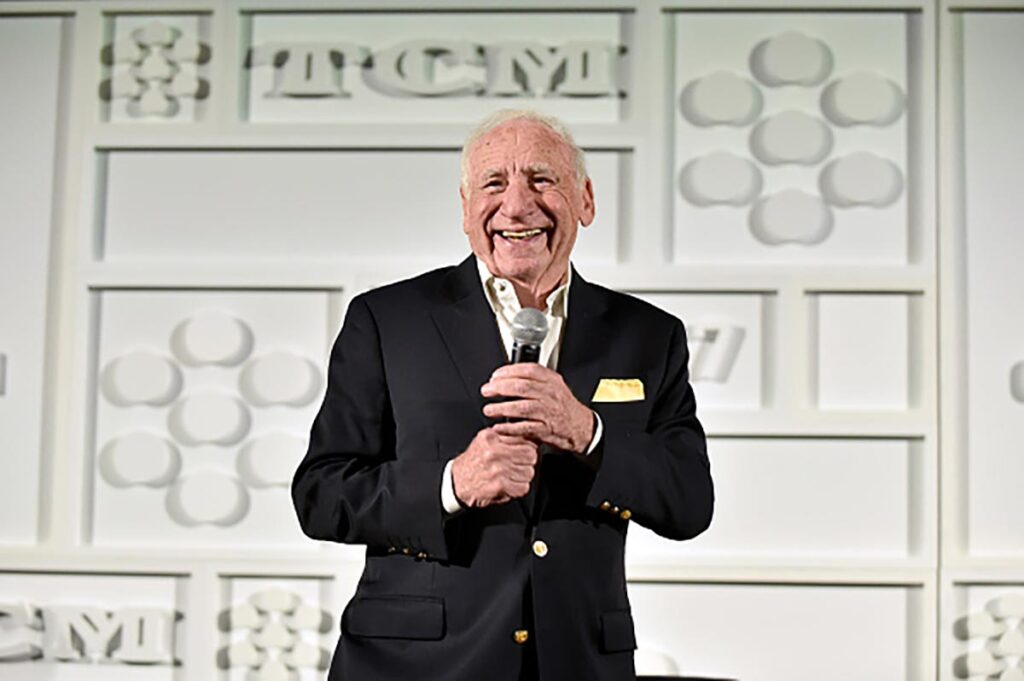In 1978, Time Magazine estimated that 80% of all American comedians were Jewish. While plenty of hilarious comedians aren’t Jewish, it’s hard not to notice that Jews are disproportionately represented in American comedy.
Of course, not every Jewish person is funny. Some are deeply unfunny, but the comedy world is extremely Jewish.
Read more: 6 Jewish comedians to watch in 2024
The historical context behind Jewish comedy

The Jewish people weren’t always known for their tight fives. The closest the Bible ever gets to humor is light sarcasm, and occasionally some creative kvetching.
Even the Talmud, which recounts hundreds of years of conversation between rabbis, isn’t all that funny.
Outside of some salty arguments and a couple of anecdotes about Jews behaving badly, the Talmud is mostly concerned with logic and argumentation.
Sure, some of the questions it poses are utterly absurd, like, “Can you use a goat and a fish to pull your wagon?” That’s not the opener to a joke — it’s an actual Talmudic debate.
If Jewish humor isn’t rooted in our foundational texts, that means it must have developed sometime between 1500 years ago when the Talmud was finalized and Mel Brooks’ History of the World, Volume I.
The hundreds of years between those two milestones weren’t exactly pleasant. It’s hard to crack jokes when you’re walled up in a ghetto or being forced to convert to another religion. But any comic will tell you that trauma just means more content to work with.
As exile and persecution wove themselves into our cultural DNA, we were slowly collecting content that has come to animate so much of Jewish humor.
The 1700s weren’t the most hilarious time, with all the revolutions, beheadings and terrible dental hygiene. But they were crucial to the development of Jewish humor.
This was when Europe finally recognized that the Jews might actually be deserving of the same rights and freedoms accorded to Christians.
The so-called emancipation of the Jews finally opened up space for Europe’s Jews to be funny and to safely explore their historical status as outsiders with the tentative confidence of knowing they probably weren’t going to be murdered in the streets.
What is Jewish humor?
This outsider status animated the work of German writer Heinrich Heine. Heine was born and raised Jewish but converted to Christianity as a young man to get ahead in Christian society.
While the conversion didn’t advance his career, it did give him a wealth of material as a poet, thinker and satirist. Heine’s work explored the tragic humor in his outsider status among both Christians and Jews.
This tension was the first seedling of what would eventually become a trope in Jewish humor. Heine’s muddled identity is itself a punchline: one of the fathers of Jewish humor was actually a Christian.

While Heine wrote about being outside the mainstream, another Jewish writer was busy crafting a unique brand of humor that only fellow Jews could truly appreciate. Shalom Rabinowitz — better known as Shalom Aleichem — took a “for Jews, by Jews” approach to his writing.
In salty, crackling Yiddish, he skewered and satirized shtetl life, highlighting the deep humor in what was often a difficult existence. You may not have heard of Shalom Aleichem. But I bet you’ve heard of his most famous character: Tevye the milkman, from Fiddler on the Roof.
What made Tevye funny? For that matter, what made Heinrich Heine funny? Or Larry David? And more importantly — what separates Jewish humor from every other kind of humor?
Scholars have devoted some serious thought to this very question. For Sigmund Freud, humor, wit, and comedy were all a release valve for nervous energy. A good joke channels all of the energy you use to repress your feelings and turns it into laughter.
The more taboo the subject, the more energy you spend repressing it. And the bigger the release when you finally let go and just laugh.

That’s why so much comedy walks the fine line between “edgy” and “tasteless.” That’s why comics often come under fire for expressing ideas that most people would rather ignore. And that’s one reason why Jews have so much material. We’ve got a lot of generational trauma to unpack.
According to Professor Ruth Wisse, our jokes unpack that trauma in three major ways:
- Exploring our so-called “chosenness”
- Beating antisemites to the punch
- Mocking authority figures — including God
Let’s unpack each one.
Exploring our chosenness

The Tanakh states: “Your God chose you from among all other peoples on earth to be a treasured people.”
But the very next line starts outlining all the stuff that Jews can’t do. All the rules God has laid out for his treasured people to follow. Which flips the concept of “chosenness” on its head. We’re not singled out for extra privileges, but rather for extra rules.
However, extra rules are nothing compared to all the other stuff the Jewish people have been through including the destruction of two temples, exile, expulsion, persecution and genocide.
From our relatively safe remove, the jokes write themselves. Most Jews aren’t fleeing for their lives anymore, but the memory of doing so is deeply ingrained. And so we make jokes, mining the massive gap between expectation — in this case, that chosenness is a good thing — and the reality of being a Jew.
Only Jewish humor can riff on concepts like chosenness, the Holocaust, the extravagant promises that God has made to us, and so on.
No other people on earth has quite the same history — which means no other people on earth can pull off this kind of joke in quite this way.
Beating antisemites to the punch
Nothing defangs a bully like turning their hate into a punchline. Jewish jokes are often in direct conversation with antisemitism.
As Mel Brooks put it: “If they’re laughing, how can they bludgeon you to death?” It’s a joke, sure. But it’s pointed. Because there’s more than a grain of truth in there. Jews have historically relied on their wits to survive the whims of the people in power — often, without success. It wasn’t funny back then. But joking about it now is one way to process that collective and enduring trauma.

Take a physical stereotype, toss in an unflattering trope, and ba-da-bing: you’ve got some subversive, self-deprecating Jewish humor.
Mocking authority figures
If the ultimate expression of comedy is irreverence — being unafraid to say the unsayable — then Jews have a leg up. Our long and painful history with foreign rulers has produced a deeply anti-authoritarian brand of comedy that even pokes fun at the most supreme ruler of them all: God.
As not-Jewish comic Ricky Gervais told Jewish comic Jerry Seinfeld: “So a Holocaust survivor eventually dies of old age and goes to heaven. He meets God. And he tells God a Holocaust joke. And God goes, that’s not funny. And he says, I guess you had to be there.”
This joke has everything. It pokes fun at God. It illustrates the worst aspects of so-called “chosenness.” And it acknowledges the trauma of recent genocide without buckling under its weight.
It’s a classic Jewish joke. And that’s because, like so many other Jewish jokes, this one is flavored with chutzpah. Because in a world that has tried, time and again, to eradicate you, there is nothing more audacious than surviving — and laughing about it.
